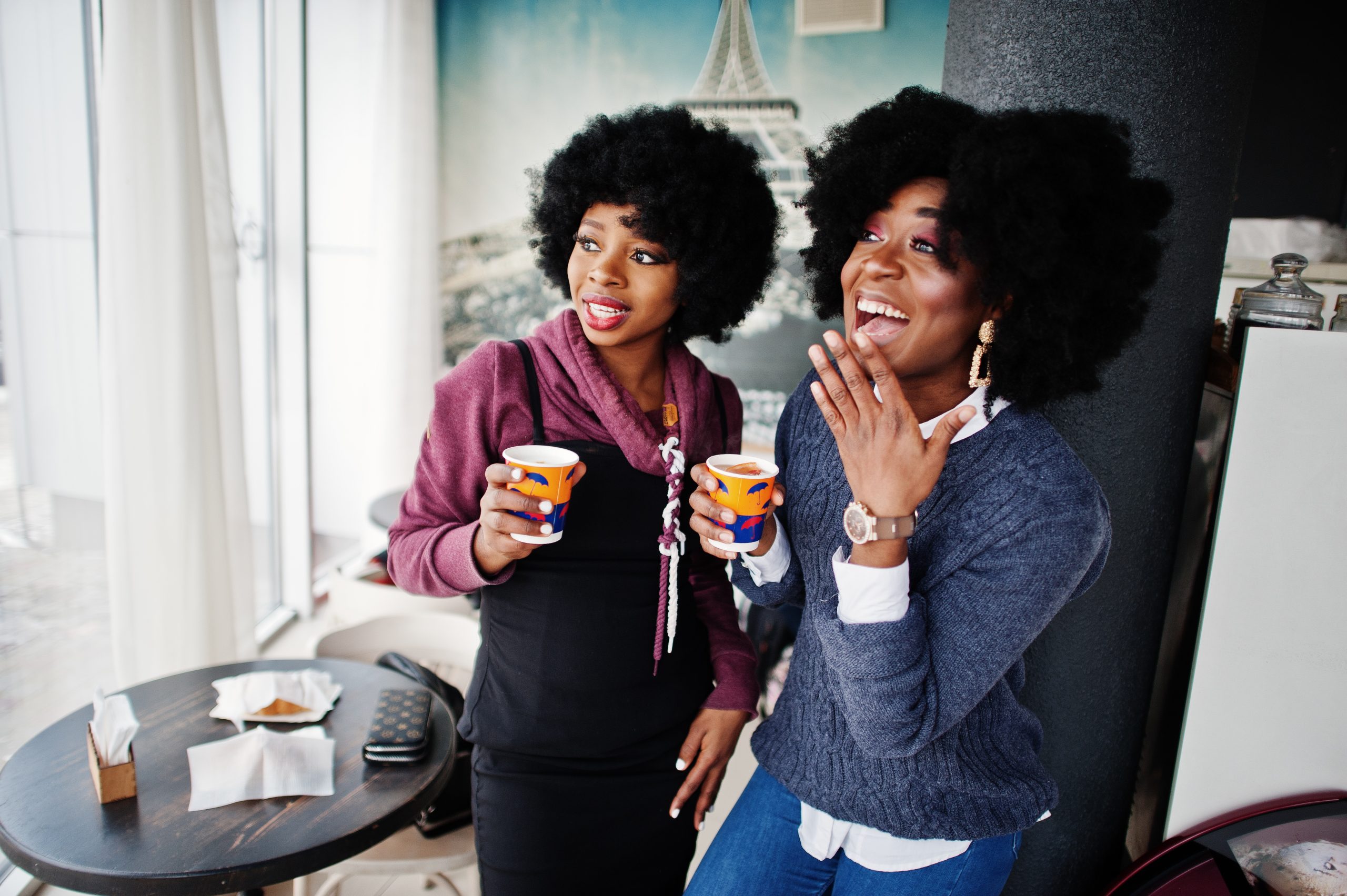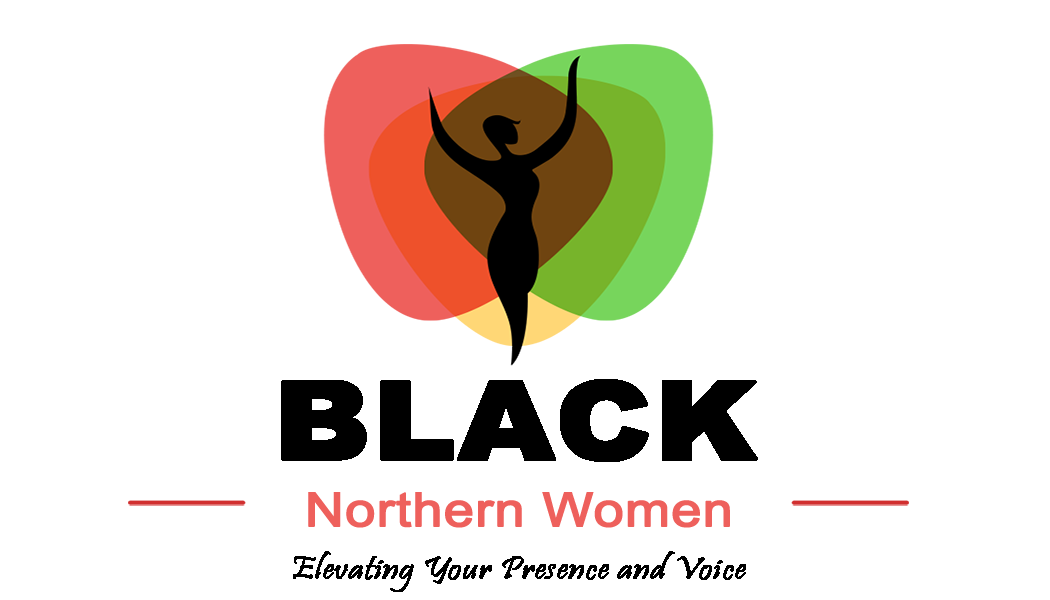What is the best way to prepare for a job interview? You will need an interview game plan. This blog will focus on four tools from the game plan that will help you approach an interview from the perspective of a salesperson. Since the Covid-19 pandemic began this year, there has been a significant increase […]

Because of systemic racism, unfavourable bias, discrimination, and being less likely to get promoted (compared to their white colleagues), some black women have a belief that they are not good enough.
Whilst a lack of self-belief is not unique to black women (other women and men experience it too), the focus of this article is those black women who, because of the colour of their skin, have come to believe that they are not good enough.
Early experiences shape your self belief
In one of my columns for the Sheffield Telegraph, I wrote about acknowledging our past in order to rise above it. I discussed the impact of a lack of knowledge about our history as black people. For many of my generation the first we learnt about black history was when the TV series Roots aired, and I asked readers to imagine the impact it would have if the first thing you learn about your ancestors is one of enslavement and torture.
I believe that the impact of inter-generational trauma or post traumatic slavery syndrome may have contributed to the beliefs many black women have about themselves today. The belief they’re not good enough that many black women have has also been shaped from their early life experiences. You may not have grown up in an environment where love and affection were openly displayed towards you by your parents or carers. Growing up in such an environment can help a child feel secure within themselves.
Our feeling that we are good enough can also be validated by how accepted we feel by the wider society. If you grew up believing that you were at a disadvantage because of the colour of your skin, that may have only added to your believing that you are not good enough. Additionally, growing up and being made to feel that you’re not good enough because the society in which you live has set an ideal of beauty that doesn’t include people that look like you, could have affected your self-belief.
Being a minority means you are more likely to experience imposter syndrome and the further up the career ladder you go, the more you’re likely to be in the minority. For many black women those feelings of not being good enough rear their head when there is no one in the room that looks like them.
Don’t hold on to ‘stuff’ from the past
If what I have described has contributed to you believing that you’re not good enough, acknowledge that this is so and change the narrative you have about yourself. Put yourself in the shoes of those who have contributed to why you believe what you believe about yourself. Why do you think they acted the way that they did or did what they did? Having this understanding will help you to move on from it.
Whilst there may not have been lots of hugs, cuddles and ‘I love you’ growing up, it is likely your parents and carers expressed their love for you in different ways. Whether it was working hard to make sure you always had food to eat, a roof over your head or clothes on your back. Because of their own upbringing, your parents and carers may not have been able to openly express their love. They may not have known that showing a child love and affection feeds into the child’s self-worth as they grow. Most of them were doing the best they knew how based on their lived experience.
View yourself through the lens of who you are not who you are not
We are very much led by our emotions. The way we think controls how we feel, and we act and behave according to how we are feeling. This is usually as a result of the beliefs that we have about ourselves or our situation. Often these beliefs aren’t an accurate representation of who we are, and they don’t help us. What are your beliefs and how are they helping you? If you change what you believe to something more rational and helpful, it will help to change how you feel.
Make a list of all the things you are good at, another list for the things you’re not good at, and one for the things for which you are in between. When you look at the three lists, what does it show you? What do you think it would look like for someone who was full of self-belief? It would probably look the same. They too would have lists of things that they’re good at, things they’re not good at and things that they’re in between with.
When we believe that we’re not good enough, we tend to focus on the things that we can’t do or that we’re not good at, which makes us feel even worse about ourselves. You have strengths and many things that you are good at, look at how you are utilising these. The more you can utilise them, the better you will feel about yourself.
Rather than writing yourself off with a blanket ‘I’m not good enough’, if there is a skill you need to learn or knowledge you need to gain, go ahead and develop this. And get support if you need help with believing that you are good enough.
If you continuously hit a brick wall because of systemic racism, unfavourable bias or discrimination, choose which ‘battles’ are worth fighting, and know when it is time to move on. There are many organisations that truly embrace inclusion that would value what you have to offer. Or be like Tyler Perry and build your own.
And whilst you’re on your way to the top in your career, no matter where on the journey you are, reach out and help someone who’s not as far ahead as you. Someone who’s experiencing their own challenges and barriers too.
You ARE good enough. But if you have unhelpful beliefs about yourself, try to be something you’re not, or try to fit into the wrong environment, you will constantly feel like you’re not.
Author – Carol Stewart
Carol is an Executive, Career and Business Coach, Founder of Abounding Solutions and Co-Founder of Northern Women of Colour. Known as The Coach for High Achieving Women, Carol helps quiet women to be great leaders. She also provides training and workshops on personal development, career development and leadership development to organisations with women’s networks and BAME networks and is a leadership team facilitator. Her book Quietly Visible: Leading With Influence and Impact as an Introverted Woman was listed one of the 10 best books to read during lockdown. She is a semi regular columnist for the Sheffield Telegraph.



